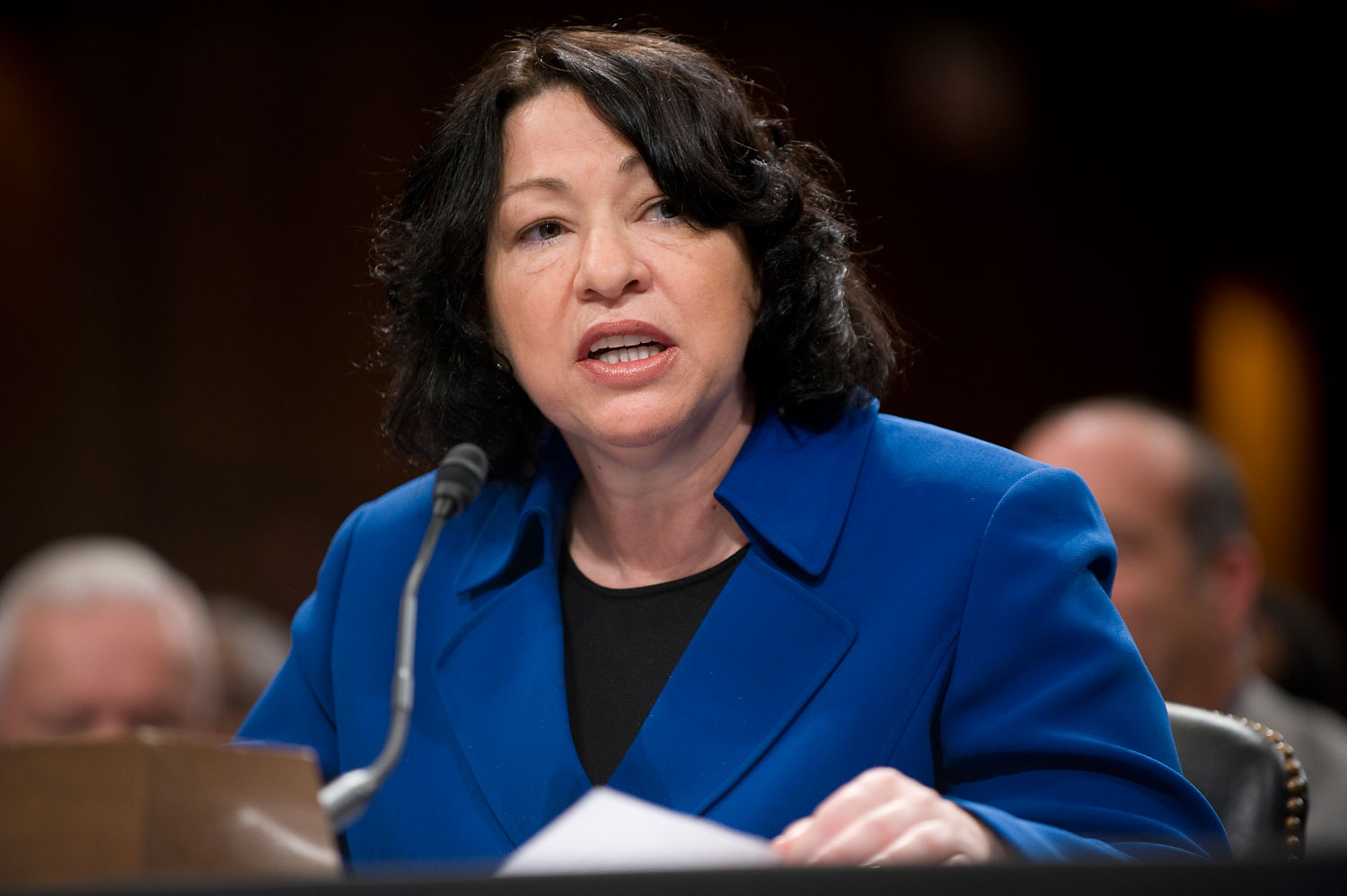
The 113th Congress may have passed the least number of bills in recorded history, but it did push through a heck of a lot of judges, helping secure a major part of President Obama’s judicial legacy.
After a whirlwind series of late and even midnight sessions these past few weeks, the Senate confirmed a total of 132 district and circuit judges, the most by any Congress in 35 years. Overall, they helped make the 305 Obama-nominated judges the most diverse group ever.
“What Obama has done within terms of his judicial legacy is what no other president has ever done before and it’s doubtful that any future president is going to match it,” says Sheldon Goldman, a professor of political science at the University of Massachusetts at Amherst. “Obama has diversified the bench in terms of gender, ethnicity, nationality to an extent never, ever, ever done before.”
In fact, as a recent political science study notes, Obama is “on track to be the first president in U.S. history to have a majority of his judicial nominees be either women or persons of color,” which is especially significant in comparison to the Reagan era, when 85% of appointed judges were white men.
Outside of the diversity, Obama’s judicial legacy is much harder to parse. According to Houston University political scientist Robert A. Carp, who co-wrote the aforementioned study, Obama’s district court judges are deciding cases in a “moderately liberal” or mainstream Democrat way, with the possible exception of labor and economic regulation cases. By comparison, his study says that President George W. Bush’s judges were among the most conservative appointed since 1932. And while having more Democratic-appointed judges helps the chances of liberal causes in the courts, it’s not a slam dunk, court watchers warn.
“It’s a bit of a crapshoot to try to say for sure what the makeup of any panel is going to be,” says Russell Wheeler, a Brookings Institute judicial expert, of the D.C. Circuit Court. “Just getting a Democratic appointee is not a for-sure indicator of how the judge is going to rule. It’s about the best predictor we have but it’s not very good.”
The way in which Obama got some of his judges could also backfire on Democrats down the road. Last year, Senate Majority Leader Harry Reid and his colleagues chose to change the rules, lowering the required number of votes from 60 to 51 to push through all judicial nominations with the exception of those for the Supreme Court. If the new Senate Republican majority holds and a Republican is elected in 2016, Goldman expects the GOP to change those rules for the high court too.
“That will mean that there will be no filibustering and they’ll need a simple majority and they’ll be able to get all the Robert Borks in the world that they want to put on the bench,” says Goldman, referring to the contentious Reagan nomination that was rejected by 58 senators in 1987.
“They could say ‘well here’s payback for what you did back in 2013, Democrats,’” adds Wheeler, who thinks a “nuclear option” for Supreme Court nominees is a possibility.
And in the remaining two years of Obama’s rule, Senate Republicans look to enjoy increased leverage to get the judges they want and slowing down anything Obama does. Typically home-state senators have significant input into which judges get appointed; Jennifer Prescod May-Parker, who Obama picked in June 2013 to fill a federal court seat in North Carolina—the country’s longest-running judicial vacancy in the federal district courts at the time, according to a local newspaper—has been blocked by the state’s Republican senator, Richard Burr. But Obama will have to find some way to compromise with the new Senate Republican majority: the past three two-term presidents—Ronald Reagan, Bill Clinton and George W. Bush—confirmed around a fifth of their appellate nominees in their final two years, according to Wheeler.
“To the degree that history is a guide, the confirmation process surely shouldn’t stop, but I suspect it’s going to slow down,” says Wheeler. “You’re not going to see the same pace of confirmations as 2014—I can assure you of that.”
More Must-Reads from TIME
- Donald Trump Is TIME's 2024 Person of the Year
- Why We Chose Trump as Person of the Year
- Is Intermittent Fasting Good or Bad for You?
- The 100 Must-Read Books of 2024
- The 20 Best Christmas TV Episodes
- Column: If Optimism Feels Ridiculous Now, Try Hope
- The Future of Climate Action Is Trade Policy
- Merle Bombardieri Is Helping People Make the Baby Decision
Contact us at letters@time.com